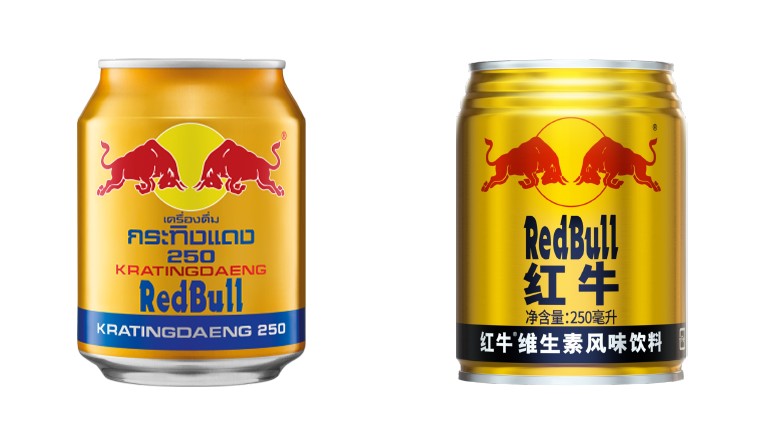On July 30, 2024, Red Bull China, managed by Chinese investment company Reignwood Group, announced that the Changsha Intermediate People’s Court had dismissed all trademark infringement claims made by T.C. Pharmaceutical Industries (TCP) against a Chinese Red Bull distributor. The announcement also included details of TCP’s lawsuit in 2021 against Red Bull distributor Huaxia Sugar & Wine Co., accusing TCP intended to disrupt the legitimate business operations of Red Bull China’s partners.
TCP, the original creator of the energy drink’s formula and an early partner in the brand’s development, holds the rights to the brand in Thailand and several markets. In 1995, TCP founder Chaleo Yoovidhya and Reignwood founder Yan Bin formed a joint venture to bring Red Bull to China through a licensing agreement, leading to the creation of Red Bull China.
The legal battle between TCP and Red Bull China started in 2016 and involved multiple court cases that remain riddled with conflicting stories.
“This is quite common in the beverage industry. Usually, the first stage of joint venture agreements is the honeymoon phase. However, a ‘seven-year crisis’ appears when management style and marketing strategies start to differ,” explained Ray Lei Zhao, senior partner and head of the international trademark team at Unitalen Law Office in Beijing.
According to Zhao, companies initially enjoy a “honeymoon phase” where everything runs smoothly. However, after several years, differences in management style and marketing strategies often lead to conflicts, referred to as the “seven-year crisis.”
The dispute between TCP and Red Bull China centred on whether the cooperation period was 20 years or 50 years. TCP, now led by Chaleo’s successors, claimed the agreement expired in 2016 and that Red Bull China no longer has the right to use the Red Bull trademark in China. However, Red Bull China presented the agreement granting the company exclusive rights to use the brand until 2045.
On July 29, 2024, the Changsha Intermediate People’s Court ruling confirmed key findings from the Supreme People’s Court (SPC) on August 31, 2023, which upheld the validity of the 50-year exclusive trademark licence agreement submitted by Red Bull China. This latest submission also addressed the concerns raised about the authenticity and validity of the agreement, which was initially seen as “questionable” due to the earlier submission of only a copy, according to Yicai Global. Consequently, the trial court ruled that TCP did not provide enough effective evidence to support its trademark infringement accusations and dismissed all its claims.
In response, TCP released a statement on July 31, 2024, highlighting that the first-instance judgment by the Changsha Intermediate People’s Court has not yet taken effect and is not enforceable. The company also emphasized that the SPC’s final ruling in December 2020 confirmed that TCP owns the Red Bull trademarks and that the trademark licence expired on October 6, 2016. TCP believes the judgment contains legal violations, including misleading modifications to the SPC’s factual findings and selective disregard of its evidence. TCP plans to appeal to protect its legal rights.
On August 1, 2024, Red Bull China responded to TCP, asserting that the trial court’s judgement was reasonable and legal. Red Bull China noted that TCP’s statement did not directly address the validity of the 50-year agreement or Red Bull’s exclusive operating rights, as recognized in the judgement by the Changsha Intermediate People’s Court in 2021. Red Bull China claimed TCP’s focus on procedural issues and intention to appeal were attempts to undermine the contract and mislead the public by referencing the SPC’s ruling in 2020.
“When two parties sign an agreement, normally, there should be at least two copies for each party, so both parties take one original copy. So, if any party can show the original copy, that should be original. Doesn’t matter if one party lost it or not,” said Zhao.
- Cathy Li







